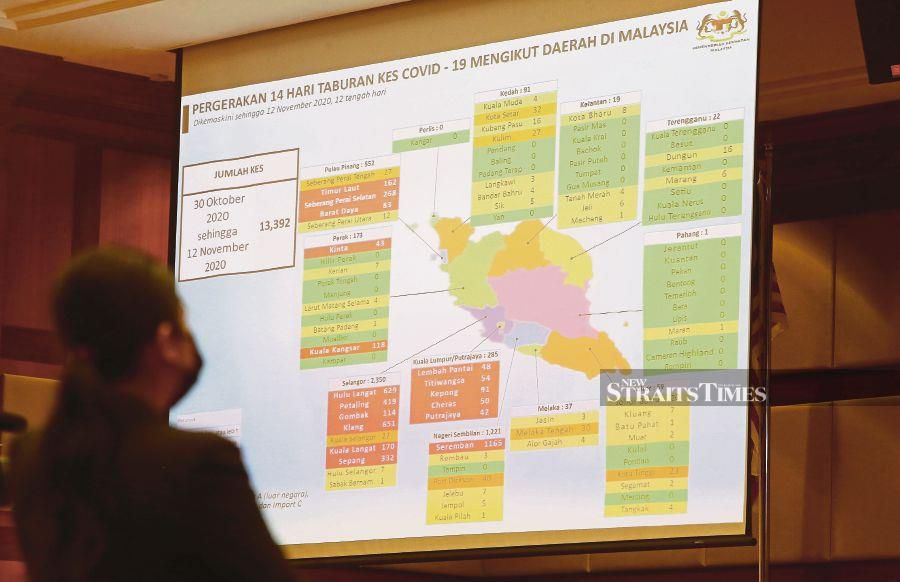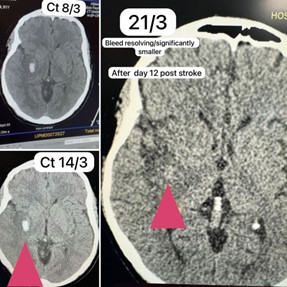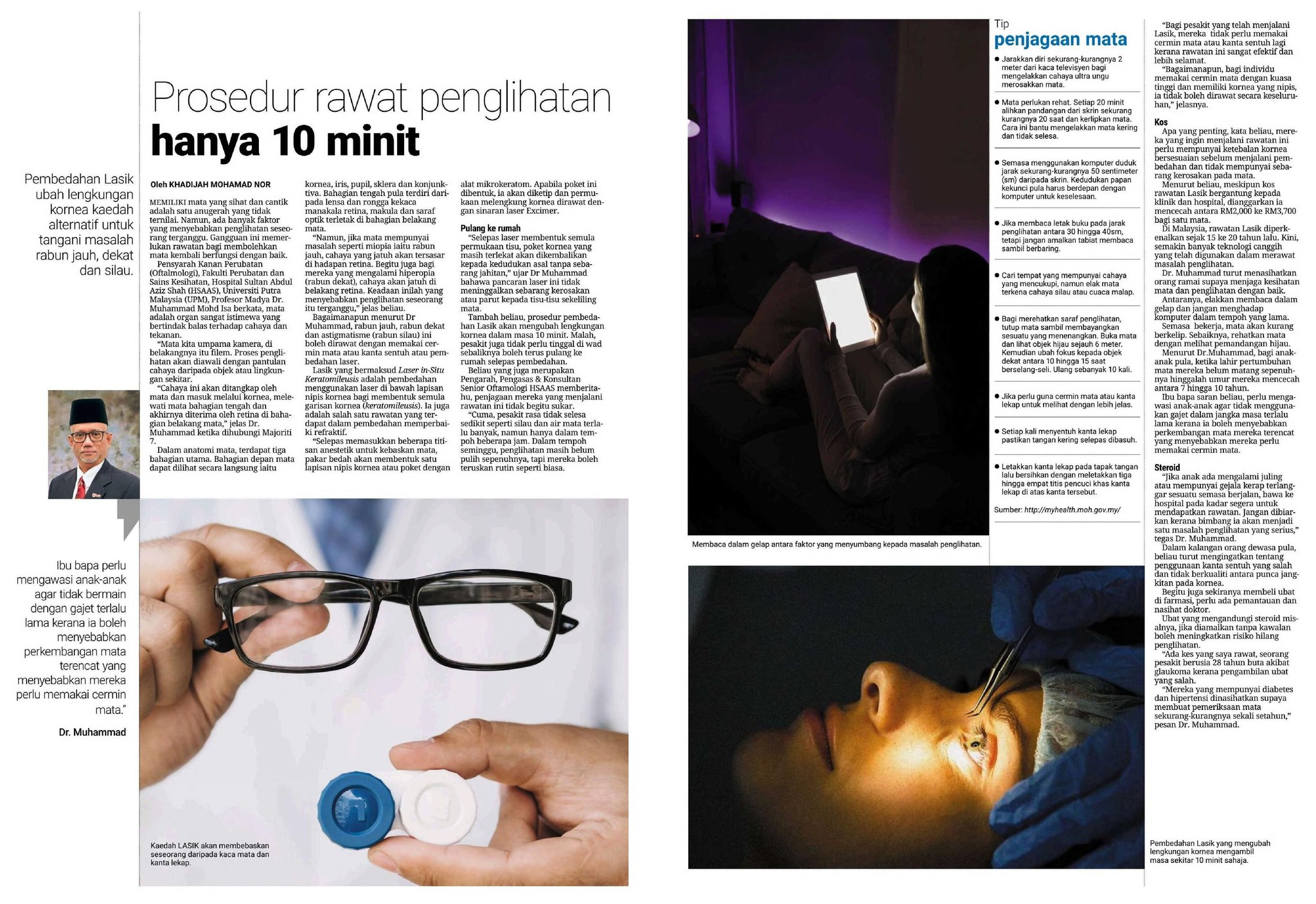|
Dr Zainal proposed that the government implement stricter containment measures, such as the MCO or the Targeted Enhanced MCO, in the "greater" parts of the Klang Valley to curb the pandemic.
"The CMCO is not a sure measure of containment to halt the transmission definitively.
"There are many loopholes and weaknesses in the implementation of the CMCO, with areas that can be strengthened and improved."
He used fighting bushfires as an example, saying there were some areas where the authorities had full control of and others where they had yet to manage effectively.
"Perhaps the government can consider implementing the MCO in the greater parts of the Klang Valley for one or two weeks, to pause, rethink and re-strategise.
"Maybe we need to go back to the drawing board and get more involvement from stakeholders outside government agencies."
It was reported that the Klang Valley recorded a more than two-fold increase in new Covid-19 cases on Friday, at 567 cases compared with 224 the day before.
On Friday, Health director-general Tan Sri Dr Noor Hisham Abdullah said Selangor recorded 364 new cases, followed by Kuala Lumpur with 202.
Of the 158 active clusters, he said, 65 of them, involving 5,681 Covid-19 cases, were linked to workplaces.
Of the cases, 3,369 involved Malaysians (59.3 per cent) and 2,312 involved non-citizens (40.7 per cent).
Universiti Putra Malaysia epidemiology and biostatistics expert Associate Professor Dr Malina Osman said the situation in the Klang Valley could be attributed to aggressive contact tracing, screening of those at risk, as well as poor compliance with the SOP.
"Regarding poor compliance, it mainly involves work settings and people who violate the government's order to remain at home in EMCO areas."
Dr Malina was referring to reports claiming that a significant number of people packed their bags and left their homes to live elsewhere temporarily following the announcement of the implementation of the EMCO or CMCO in their areas.
She said this made contact tracing more challenging.
"If there are positive cases among those who leave, this could create new clusters and new infection chains in areas where they stay."
Asked about the effectiveness of the CMCO, which is set to end
on Dec 6, she said any positive outcome from the implementation would depend on the level of compliance with the SOP.
"If people can follow instructions by staying at home first and foremost and are committed to adhering to the instructions, we can expect to see the number of cases going down in the next few weeks.
"But people have to really be committed to the order.
"Full adherence to the SOP will determine the outcome of our fight against Covid-19.
"Until the day the vaccine is available to all Malaysians, we cannot let our guard down.
"We can only hope and pray that the vaccine will be available soon."
Dr Zainal stressed the importance of local authorities sharing information on the geomapping of clusters and cases with local organisations.
"The authorities should come up with a plan for each cluster and the affected community, which should include communities in the perimeters of the affected locations."
Dr Zainal said community engagement needed to be improved to manage the pandemic better.
"We need to move with the community to win this battle by reducing top-down approaches, which can seem unfriendly and authoritative."
|











 A slide showing Covid-19 cases in the peninsula at a press conference recently. PIC BY MOHD FADLI HAMZAH
A slide showing Covid-19 cases in the peninsula at a press conference recently. PIC BY MOHD FADLI HAMZAH.jpg)















